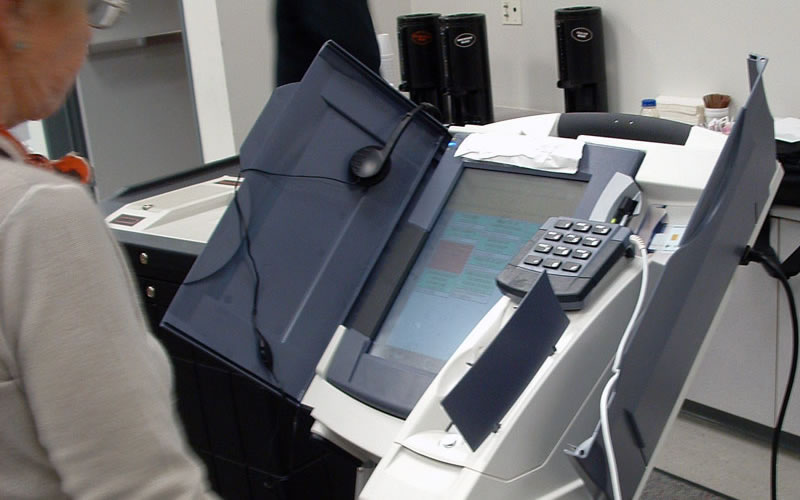By Andy Brack, editor and publisher | The Russians will only be successful in meddling with the 2018 elections if we let them do it to us.
 The nation’s spy chiefs last week said they expected foreign governments to try to fiddle with election outcomes in 2018, just like the Russians did in 2016. But that doesn’t mean foreign governments will necessarily try to hack into voting systems, change names on voting rolls or disrupt the internal mechanics of voting.
The nation’s spy chiefs last week said they expected foreign governments to try to fiddle with election outcomes in 2018, just like the Russians did in 2016. But that doesn’t mean foreign governments will necessarily try to hack into voting systems, change names on voting rolls or disrupt the internal mechanics of voting.
“What they are trying to do is inject themselves [into our election process] and cause confusion in another way – using social media and other means,” said state Sen. Brad Hutto, D-Orangeburg. “They are creating fake news.”
And we can’t fall for it. The Russians and others, tickled pink with their success in the 2016 elections, will keep at it this year. They’ll deploy disinformation, propaganda and, yes, fake news strategies against Americans to get inside their hearts and minds to influence them before they even walk into the polls. It’s sad, but these non-Americans want to use one of the greatest powers of our democracy – the free flow of information -to manipulate our behavior inside the polling booth.
We can’t let that happen. The cure is for Americans to be more discerning about the news they consume – and stop relying so much on Twitter, Facebook, other social media and the Internet. Voters need to rely on news gathered by trained reporters who know what they’re doing.
In South Carolina, our election system is safe, secure and impartial, says Marci Andino, executive director of the State Election Commission.
“The State Election Commission is taking all reasonable measures to protect our systems; however, we have no way to prevent the use of propaganda on social media,” she said. “We encourage voters to visit scVOTES.org and to rely on credible sources to verify the accuracy of stories found on social media.”
In recent months, the commission has taken several steps to boost security to the state’s election hardware, Andino said. It is in the process of getting secret-level security clearances. It is communicating frequently with the U.S. Department of Homeland Security to get classified information if it is necessary. The state joined the department’s cyber-hygiene program before the 2016 election and its public, Internet-connected systems are scanned weekly.
“The scans have been an important tool the agency uses to strengthen our security posture,” she said. “In addition to the Homeland Security scans, we rely on scans and assessments by other security partners to identify vulnerabilities and perform necessary remediation.”
But all of the cyber-vigilance in the world still doesn’t let elections officials rest easy.
“I’m worried that in spite of all of the extraordinary efforts by election officials across the country, the fear of foreign interference will discourage voter participation and undermine voter confidence in elections.”
And that would be a tragedy. We need more participation in elections, not less, Hutto said.
“We’ve got to do a better job of letting people know every vote matters, every vote counts,” he said. “People need to use their own common sense about where they’re getting their information from.
“People also need to be vigilant when they hear things. Don’t necessarily take it at face value until you’ve tracked down the source.”
A weakness in South Carolina’s voting system is that its machines are all-electronic and without paper back-ups for recounts. The current statewide system of voting booths dates to 2004 when it cost $34.6 million. A new voting system will cost $50 million to $100 million, Andino said.
With outside threats on the rise, now is the time to invest in a new system to boost accountability and transparency – and to reassure voters that we have the best voting system around that can’t be manipulated by outsiders.
“My hope is the legislature will fund the request for updating the machines and replacing our state voting machines,” said S.C. Rep. Mandy Powers Norrell, a Lancaster Democrat. “It’s that important. Our elections are that important.”
- Have a comment? Send to: editor@charlestoncurrents.com




 We Can Do Better, South Carolina!
We Can Do Better, South Carolina!
























